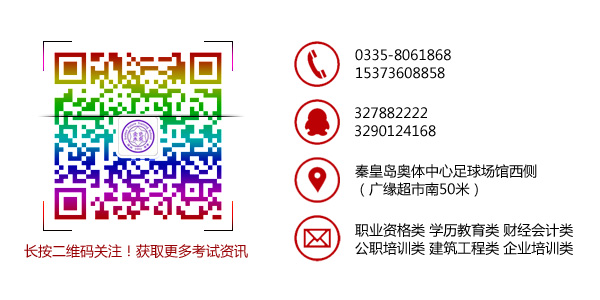1. differentiate [,dɪfə'renʃɪeɪt]
v. 区分,区别
She can differentiate this kind of rose from the others. 她能把这种玫瑰花从其他品种中区分开来。
2. blunder ['blʌndə]
v. 跌跌撞撞地走;犯错n. 大错
You just committed the blunder to end all blunders. 你正好犯了一个超过所有大错的最大错误。
3. mundane ['mʌndeɪn; ]
adj. 世俗的,平凡的;世界的,宇宙的
It's an attitude that turns the mundane into something more interesting and exciting. 正是一种态度使单调平凡的工作变得更加有趣和刺激。
4. adornment [ə'dɔːnm(ə)nt]
n. 装饰;装饰品
It was a building without any adornment or decoration. 它曾是一栋完全未经装修的大楼。
5. halo ['heɪləʊ]
n. 光环;荣光
The sun had a faint halo round it 环绕太阳有圈淡淡的光晕。
6. lenient ['liːnɪənt]
adj. 宽大的;仁慈的
He believes the government already is lenient with drug traffickers. 他认为政府对贩毒分子已经很宽大了。
7. humble ['hʌmbl]
adj. 谦逊的;简陋的;(级别或地位)低下的;不大的
He gave a great performance, but he was very humble. 他的表演很精彩,但他却很谦逊。
8. weary ['wɪərɪ]
adj. 疲倦的;厌烦的;令人厌烦的
They're getting awfully weary of this silly war. 他们对这场愚蠢的战争感到极其厌倦。
9. abreast [ə'brest]
adv. 并肩地;并列adj. 并排的;肩并肩的
He will be keeping abreast of the news. 他会不断及时了解最新消息。
10. virus ['vaɪrəs]
n. [病毒] 病毒;恶毒;毒害
There are many different strains of flu virus. 有许多不同类型的流感病毒。
